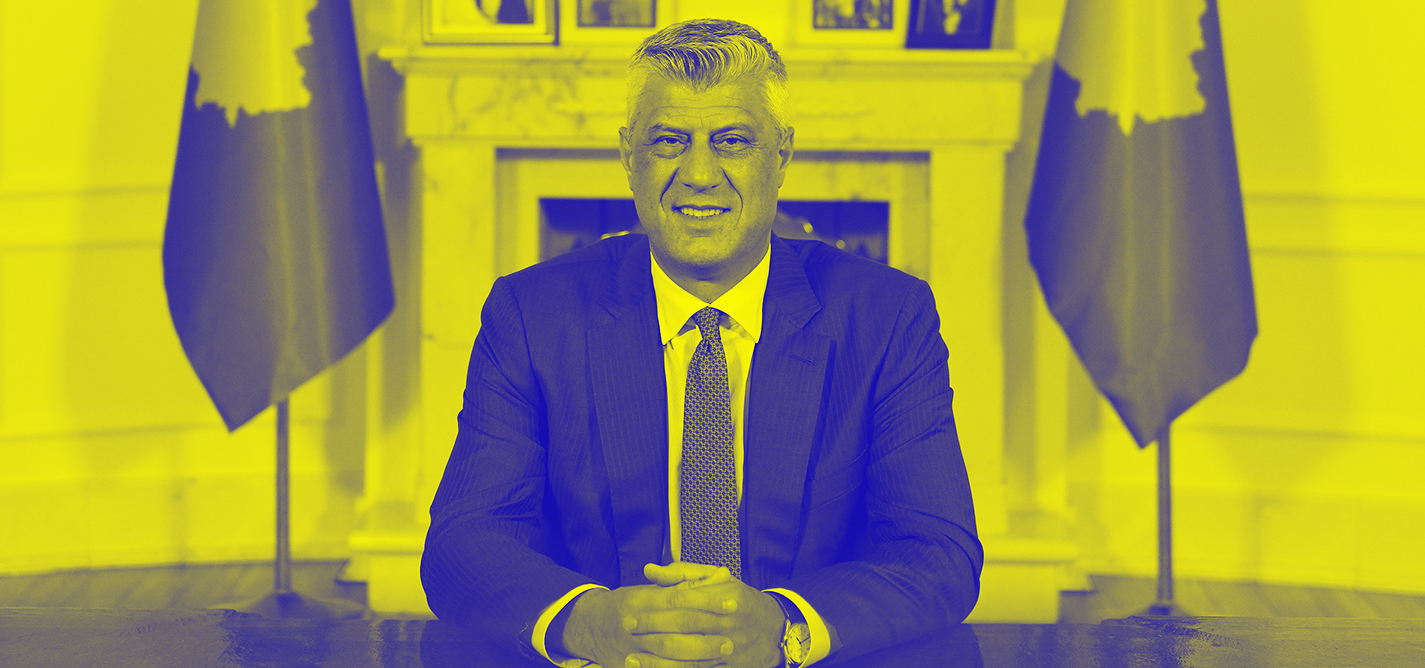
The announcement of charges against Thaçi raises questions for the prosecution
What the Specialist Prosecution's statement reveals.
|01.07.2020
|
It seemed clear that “the Snake” had powerful external friends willing to work with him to secure their own interests.
But there is an inherent hypocrisy in these states solemnly warning others that without dealing with the past they will never enjoy peace and prosperity.
In their efforts to woo Vučić they have shamefully chosen to ignore the cries for justice from those victims of Serbian aggression.
Those indicted by the court will of course use this visceral societal acclaim for the KLA to their own ends.
These charges are not against the KLA or all Albanians but against Thaçi and Veseli.

Aidan Hehir
Aidan Hehir is a Reader in International Relations at the University of Westminster. His research interests include transitional justice, humanitarian intervention, and statebuilding in the Balkans. He is the author/editor of eleven books and co-editor of the Routledge
Intervention and Statebuilding book series. In 2022 his novel “The Flowers of Srebrenica” was published by Qendra Multimedia.
DISCLAIMERThe views of the writer do not necessarily reflect the views of Kosovo 2.0.
This story was originally written in English.